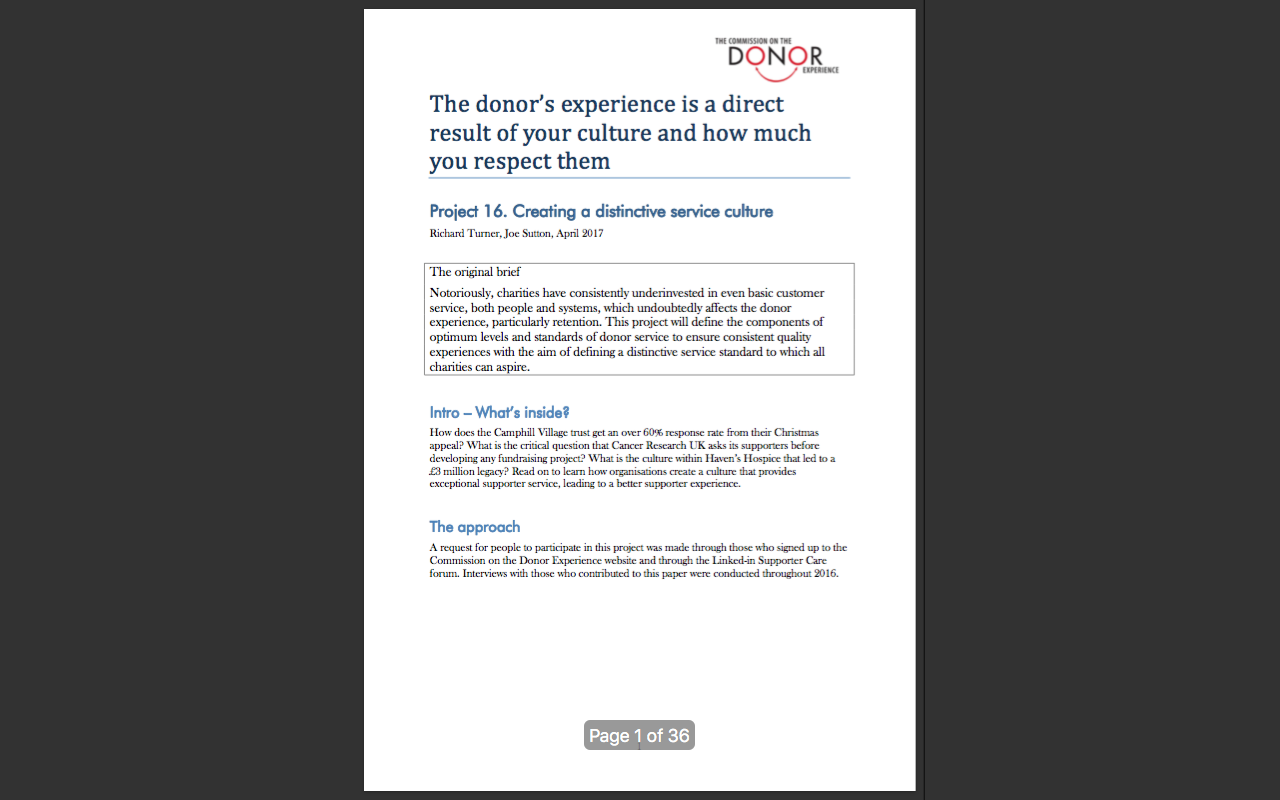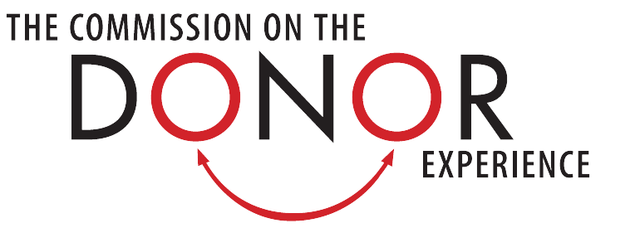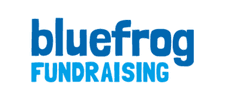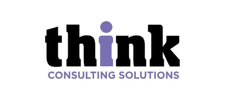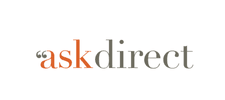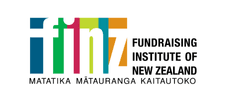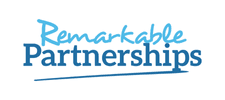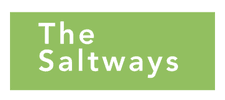CDE project 16 section 3: appendix
- Written by
- The Commission on the Donor Experience
- Added
- April 29, 2017
Appendix – a standard for excellent supporter service
If we had a standard for excellent supporter service and care what would it be?
We want to delight our donors so we have drafted the standards we aim for as we hope they would be expressed by a truly delighted donor.
- When I send a donation to you by post, you will send a prompt acknowledgment reassuring me that you have received my donation.
- If I give online, as well as an automated confirmation of my donation, I’d like a real person to acknowledge my donation and the impact it will have.
- Giving to you online is a joy and a satisfying experience, not a painfully slow and cumbersome one that leaves me frustrated.
- If I phone, I can quickly speak to someone who can help me with my enquiry or arrange for someone to get back to me. Someone can always take a donation over the phone if I wish to give that way.
- It is really clear how to contact you by email or phone from visiting your website or from any communication you send me.
- Your thank you communications are just wonderful. I love receiving them. They communicate the impact of my support and the progress against your mission. They make me feel part of a story.
- When I can offer help in other ways, you are prompt and considerate in responding.
- If I ever need to complain, or provide feedback, it is really clear how I do so. You are usually able to respond within a reasonable time (say 3-5 working days) and when you cannot, you will provide a holding response.
- If I do need to complain, your response not only deals with my issue it reassures me about your organisation and that you will take on board any learning.
- You encourage feedback on your level of supporter service and quality of donor care.
- The feedback I provide is considered and shared as part of your learning cycle to help improve your level of supporter service.
- You openly share how you are performing against the standards you set and communicate what feedback you receive, and what steps you are taking to constantly improve.
- I can choose what frequency and what type of communications I receive.
- I can change the frequency and type of communications I receive.
- If I ask you to stop receiving communications then it is instigated immediately.
- You always give me the choice to change how and when you contact me each time you communicate with me.
- Whenever I meet or speak to staff, they inspire me to continue my support.
Wendy Berry, Director, Change Savvy, (currently working with Yorkshire Building Society); Lily Elizabeth Davies, Chickenshed; John Grain, John Grain Associates; James Gadsby Peet; William Joseph (former Senior Digital Services Manager at Cancer Research UK); Deborah Green, Cabot Financial; Karen Hardy, Head of Supporter Care, Crisis; Laura Hazle, Oxfam International; Vicky Johnson, Head of Supporter Care, UNICEF; Roger Lawson, Roger Lawson Consulting; Sarah Lewis, YMCA England; Vanessa Longley, Haven Hospices; David Martin, Head of Supporter Care, WaterAid; Esther Preston, Ashgate Hospicecare; Will Watt, Customer Care Manager, Alzheimer's Society; Dean Williams, Dean Williams Executive Coaching; Rob Woods, Director, Bright Spot Fundraising; Phil Young, Supporter Services Manager, RSPB; and Richard Turner, Richard Turner Fundraising.


